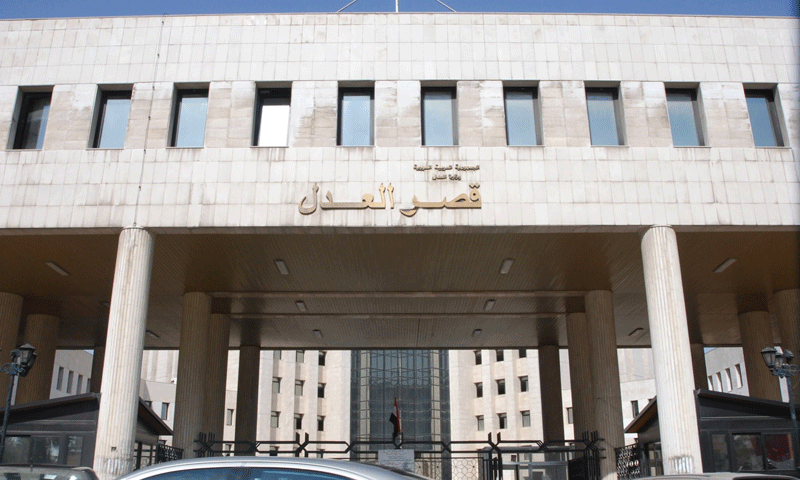



On 4 June, the Syrian regime government imposed an official receiver on “Syriatel,” a mobile network provider company owned by the Syrian businessman and maternal cousin of Bashar al-Assad, Rami Makhlouf. The decision followed a lawsuit by Syria’s Ministry of Communication and Technology and the Syrian Telecommunication Regulatory Authority (SYTRA) against “Syriatel” to guarantee the Syrian State Treasury and the company’s shareholders’ rights.
The decision that was issued on 4 June by the “Syrian State Council” (Administrative Judicial Court) said that “the court is assured of the official receiver, Muhammad Mazen al-Mahairi’s competency, experience, and ability on the administrative and technical aspect to preserve and manage the disputed sum between “Syriatel” and the SYTRA with a monthly salary of 10 million Syrian pounds (SYP = 4,000 USD).”
According to the Syrian Civil Code, receivership has three types. Article 695 defines receivership as “a contract under which two parties entrust a third party over disputed or legally debated movable assets, a property or a sum of money.”
“A receiver is an officer of the court who preserves and protects the property during litigation between two sides and returns it with its full yields to the party that has right to it.”
According to Article 695, receivership in principle is considered a nominate contract, and a form of a trust. Therefore, and under this perspective, receivership is applied in three ways:
The judicial receivership type is an urgent measure decided by the interim relief judge, according to page 102 of Khaled Izzat al-Maliki’s book, the Interim Relief Judge of the Syrian law.
The summary jurisdiction is a preventive system whereby litigants can request prompt and temporary measures to maintain their rights against a possible threat.
Nevertheless, the summary jurisdiction cannot be reached through regular courts for ordinary cases; therefore, this judicial procedure is only applicable in urgent matters.
A civil servant of the court who pledges under the receivership contract between two litigants to take custody, manage and then return the disputed funds, and submit an account to whoever proven to have the right to it after determining the dispute.
The receiver may also provide an account to the side agreed on by the two conflicting parties, most likely to be one of them or a new third party sometimes.
The Syrian legislation stipulates in Article 698 that the appointment of the official receiver, whether in an agreement or judicial receivership, must be done with the consent of all parties involved in the matter. In case the disputed relevant parties did not reach an agreement over the receiver, then it is up to the judge to appoint one.
Once appointed, the receiver acts as a representative of either of the two litigants proved as the owner of the assets under the receiver’s custody and when the dispute is resolved as per a judge’s rule.
if you think the article contain wrong information or you have additional details Send Correction